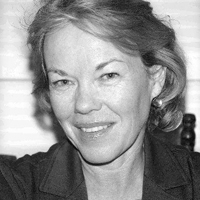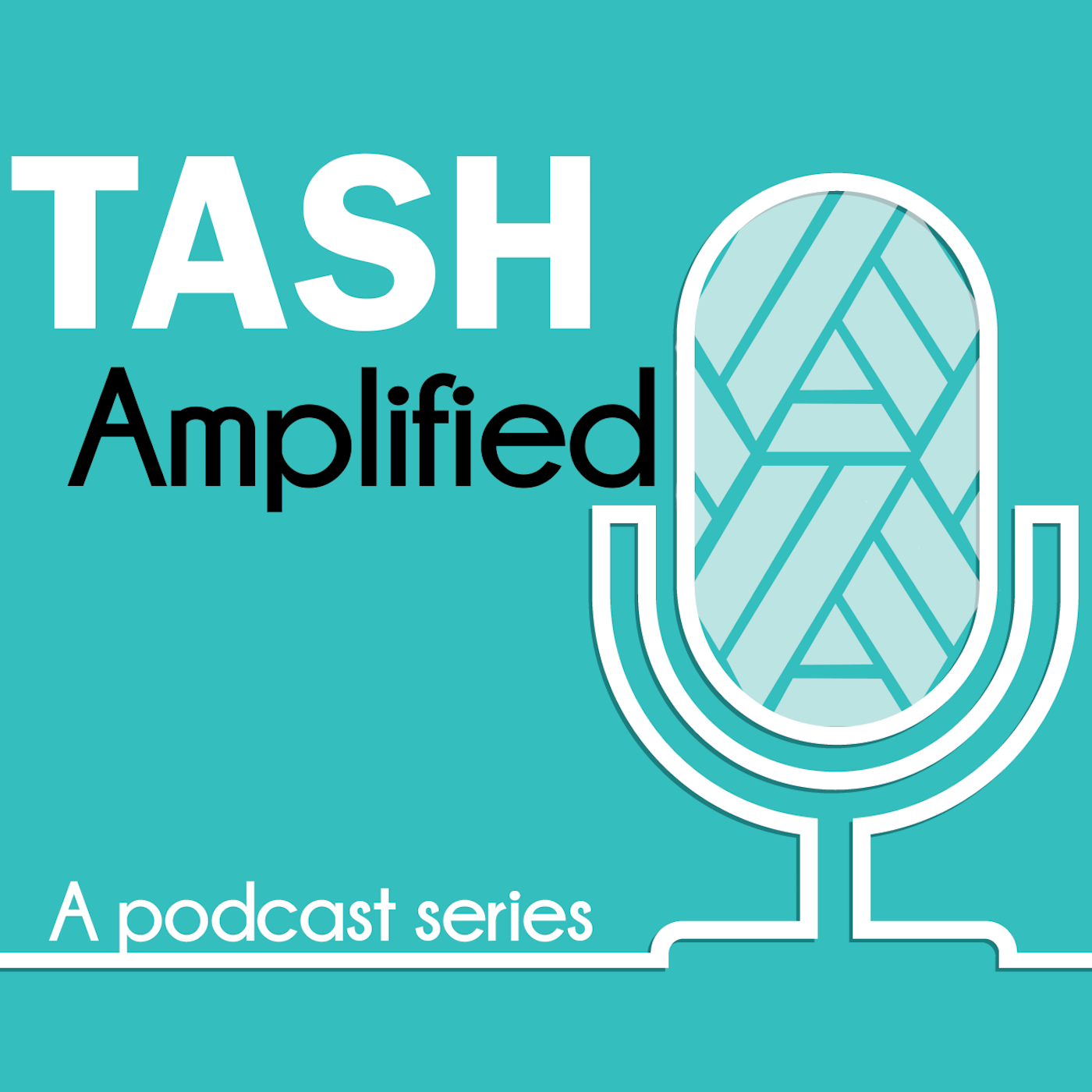Barb Trader Reflects on a Lifetime of Accomplishment in Disability Rights
Description
Season 1, Episode 11 — 30 June 2016
About this episode
Barb Trader retired this month after ten years as the Executive Director of TASH. She has spent a lifetime thinking about and working for the betterment of the lives of people with disabilities. Her time at TASH was the culmination of a 40-year career in disability rights. We talk with her about the accomplishments she’s seen and contributed to, what she’s learned in 40 years of service and the tasks that remain.
About the presenters
 Barb Trader was the Executive Director of TASH from 2006 until her retirement this month.
Barb Trader was the Executive Director of TASH from 2006 until her retirement this month.
Barb was in direct service as a recreation therapist for 17 years in parks and recreation, public schools, and non-profit agencies. An activist by nature, she facilitated the inclusion of athletes with disabilities in the Georgia State Games and formed a wheelchair division for the Peachtree Road Race, the first major race in the country to include wheelchair users, serving as race director the first 10 years. The 1996 Atlanta Paralympic Games were the first to be held in the United States as a part of the overall Olympic celebration, due in part to a grassroots effort led by Barb and local ADAPT leaders that gathered 40,000 signatures in less than 10 days. She was a founding board member for the Paralympic Organizing Committee and an integral part of the bid process and served as the vice president for youth and community programs. She has authored and launched several national programs, including Paralympic Day in the Schools and Express Diversity!, both aimed at helping school-aged youth understand that disability is a natural life experience. Prior to TASH, she worked in program development and director roles for the national headquarters’ offices of VSA arts and Easter Seals.
 Donald Taylor is the Membership Manager at TASH and the producer of Amplified.
Donald Taylor is the Membership Manager at TASH and the producer of Amplified.
Transcript
Announcer: You’re listening to TASH Amplified, a podcast that seeks to transform research and experience concerning inclusion and equity for people with disabilities into solutions people can use in their everyday lives.
Today we’re talking with Barb Trader, who retired on June 14th after ten years and two days as Executive Director of TASH. Her time at TASH was the culmination of a 40-year career in disability rights. We talk with her about the accomplishments she’s seen and contributed to in her time, what she’s learned in 40 years of service and the tasks that remain.
Donald Taylor: Barb Trader, where were you born and what was your childhood like?
Barb Trader: Oh my goodness! I was born in Burlington Wisconsin in 1954.
Donald Taylor: You don’t have to tell us that part.
Barb Trader: Okay. I was born in Burlington Wisconsin, which is in the southeastern corner of the state, or just North of that or about thirty miles outside of Milwaukee and I grew up and was raised on a farm. My childhood was really spent outside. Wisconsin gets cold in the winter, but me and my brothers and sisters spent as much time outside as possible. I kind of fell in love with the outdoors and being a country girl. I’m old enough to have had that experience of going to a one room schoolhouse. That schoolhouse has long since been torn down. You can still see evidence of country schools all over the state of Wisconsin. So it was a pretty idyllic, quiet life.
Donald Taylor: And you’ve worked in the disability field for your entire career. What caused you to dedicate your life to helping people with disabilities?
Barb Trader: You know, I never even thought about that until Justin Dart asked me to same question in the 90’s. And I was fifteen years into my career by then.
But I think what caused my interest in the disability field overall was growing up with my aunt who was very much part of our family and had been born with significant developmental disability in 1917. She had never lived in an institution, my grandparents raised her, and although she was completely dependent on my grandmother and never spoke — at least that I was aware of — she had a really good life.
My aunt was the only person with a disability I ever knew before I went to college. I never met another person with a disability; people with disabilities were not out in public; they weren’t in our public schools; I had no access to any other families that have people with disabilities, so what I chose to do as a kid living in the country with not much else to do during the winter was read a lot. So I read lots of books about people with disabilities and found myself kind of immersed, and wanting to know more. So when I had a choice about where to go to college I decided that I wanted to become a recreation therapist and work with people with disabilities and that was my first career choice.
Donald Taylor: Do you remember any of the books that you read around that time? What sort of stuff was available if people disabilities were so non-visible?
Barb Trader: Well you know I just happened to stumble across a book named Karen and it was by a woman named Marie Killilea. I was remembering this a couple of years ago, so I reordered it. It’s out of print now but you can get it through Amazon. Karen is the true story written by the mother of a young girl — she was nine years old when the book was written, and I was nine years old when I read it — so it really impacted me. It was about this little girl with pretty significant cerebral palsy who couldn’t go to public school, and her mother told such compelling stories about her growing up years. I think the book took place from the time she was nine until she was twelve. And they would get kicked out of restaurants by restaurant owners who didn’t want to expose the rest of their customers to that person with a disability and they weren’t allowed in a lot of other public places. The relationship she had with the pediatrician was a warm relationship but it wasn’t a relationship that encouraged the parents to have really high expectations. And then she wrote a sequel called With Love from Karen and in that book there was — it had a lot to do with the decision to use crutches or not, which when I became a professional, that decision for young people who were not mobile, and either depended on crutches or a wheelchair, that was still a big debate and, you know, it’s interesting now that there is such a strong expectation for self-determination for young people with disabilities: that doesn’t seem to be much of a debate anymore at all. People always want to be more functional than they want to act “able”.
Donald Taylor: How close by did your grandparents and your aunt live when you were growing up? How much time did you spend with them?
Barb Trader: Well there were about twenty to thirty minutes away and that was our Sunday habit: was to go visit grandma and grandpa and on occasion, my aunt and uncle, and my other aunt and uncle and their family came with Grandma and Grandpa to our farm. So that was pretty much our soci







